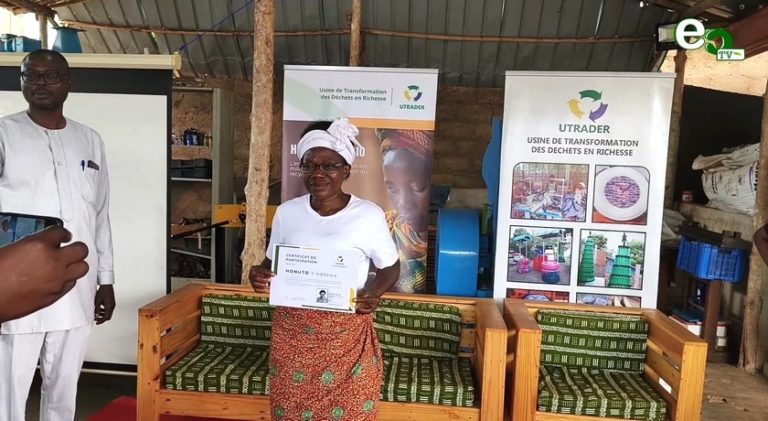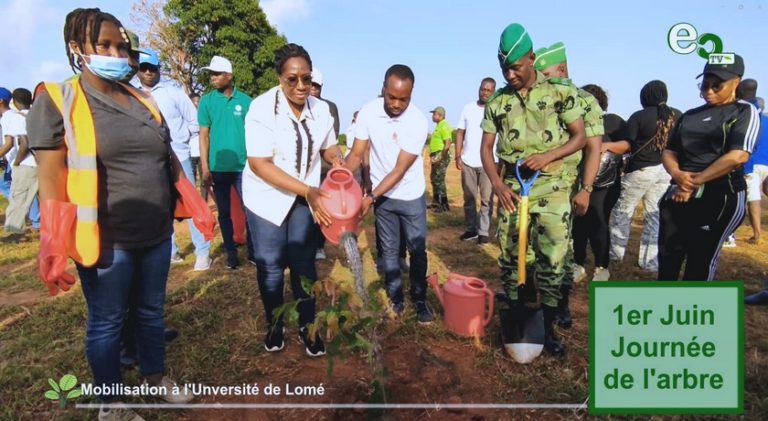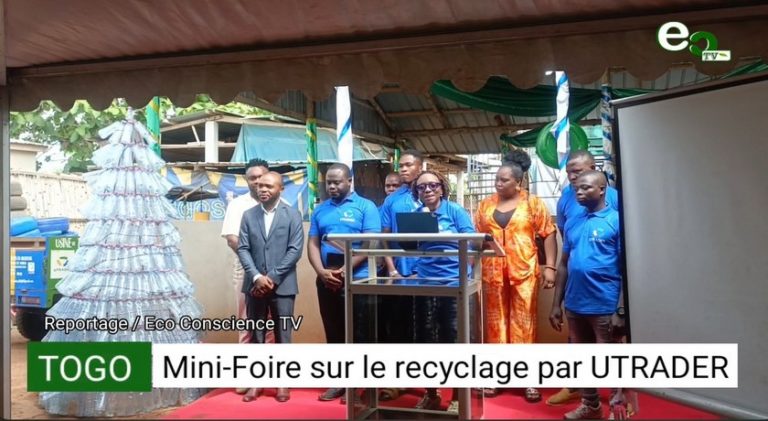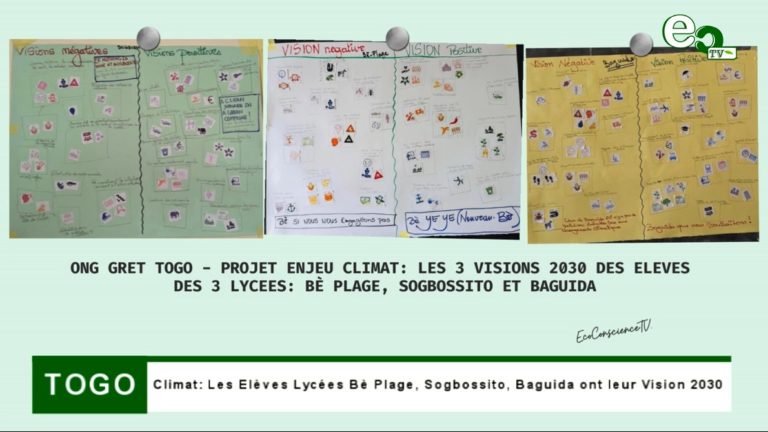
Over 1,600 representatives from more than 180 countries as well as observers including from civil society groups and the chemical and waste industries are gathering in Geneva to discuss measures to promote the sound management of chemicals and wastes from 24 April to 5 May 2017 in Geneva.
The two week-long Triple Conferences of the Parties (COPs) to the Basel, Rotterdam and Stockholm (BRS) Conventions aims to strengthen the three international treaties contributing to the global management of hazardous chemicals and waste.
« Chemicals constitute the building blocks of modern life. But without ensuring the environmentally sound management of chemicals and the phase-out of especially hazardous substances, we will continue to see more lives lost to poisoning, contamination and pollution. What we need to address this crisis is stronger regulatory action taken at national and international levels. That is why this meeting of the parties to the Basel, Rotterdam and Stockholm conventions is so critical. Only through cooperation and collaboration can we hope to create a detoxified future for everyone, » said Ibrahim Thiaw, UN Environment Deputy Executive Director.
UNEP Executive Secretary of the three Conventions, Rolph Payet, reminded government delegates that, “more than ever, the people of this planet are counting on you, representatives of governments and Parties to the Conventions, to make the right decisions; decisions which will lead to improved quality of life for our people and for a sustainable planet. Negotiations taking place here should enable us to tackle this nexus between development and planetary health.”
Staged under the theme “A future detoxified: sound management of chemicals and waste,” Parties will seek to reach consensus over a range of issues. For the Rotterdam Convention (RC), this includes eight proposals for adding carbofuran, carbosulfan, trichlorfon, fenthion, paraquat, chlorinated paraffins, chrysotile asbestos and tributyltin to the RC’s “watch list” – also known as Annex III. Forty-seven chemicals make up the current list of substances deemed hazardous to human health and the environment and which are subsequently subject to the Prior Informed Consent (PIC) Procedure. Parties will also consider ways to strengthen the effectiveness of the Convention and seek to adopt compliance procedures and mechanisms.
For the Stockholm Convention, issues include proposals for listing decabromodiphenyl ether (commercial mixture, c-decaBDE) and short-chain chlorinated paraffins in Annex A for elimination as well as hexachlorobutadiene (HCBD) in Annex C which targets the reduction and ultimate elimination of the unintentional releases of the chemical. Among the other issues that will get priority attention of Parties to the Stockholm Convention (SC) is the development of compliance procedures and mechanisms, and the first ever evaluation of the effectiveness of the Convention. The Conference will consider the progress the Convention is making in achieving its objective of protecting human health and the environment from Persistent Organic Pollutants (POPs), measured against a framework of indicators provided by the COPs.
For the Basel Convention (BC), the COPs will consider prevention and minimization of the generation of waste which is the subject of new guidance to assist Parties, and a set of practical manuals for the promotion of the environmentally sound management of wastes and revised fact sheets on specific waste streams all of which have been prepared by an expert group on environmentally sound management. Other work under consideration includes two new and four updated technical guidelines for Environmentally Sound Management (ESM) of POPs, a glossary of terms to provide further legal clarity and guidance on dealing with illegal traffic developed by the Implementation and Compliance Committee. Parties will also consider establishing a new partnership focusing on a major waste stream, household waste.
The Conferences will also examine progress in the implementation of the Conventions among participating Parties, in particular in developing countries and countries in transition where handling hazardous chemicals throughout their lifecycles presents greater challenges. Those attending will attempt to make progress on the sharing of information on hazardous chemicals and strive to build further international cooperation and coordination regarding their usage.
On May 4 and 5, government ministers and delegates will participate in a high-level session to discuss themes ranging from creating a detoxified future; to meeting the targets of the 2030 Agenda for Sustainable Development; generating greater opportunities to implement the Conventions through partnerships; and techniques to cut waste and pollution while facilitating economic and social prosperity.
Achieving SDG 12 – which sets out to secure the environmentally sound management of chemicals and all wastes throughout their life cycle, in order to minimize their adverse impacts on human health and the environment – will take centre stage
Source http://www.brsmeas.org/
ECO CONSCIENEC TV








